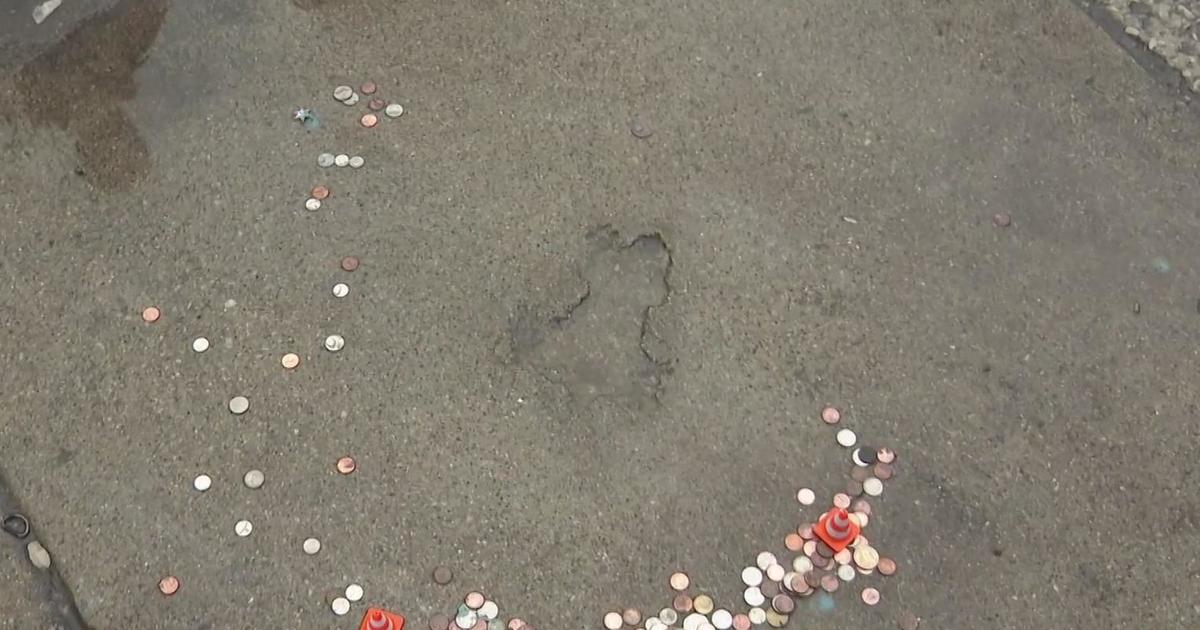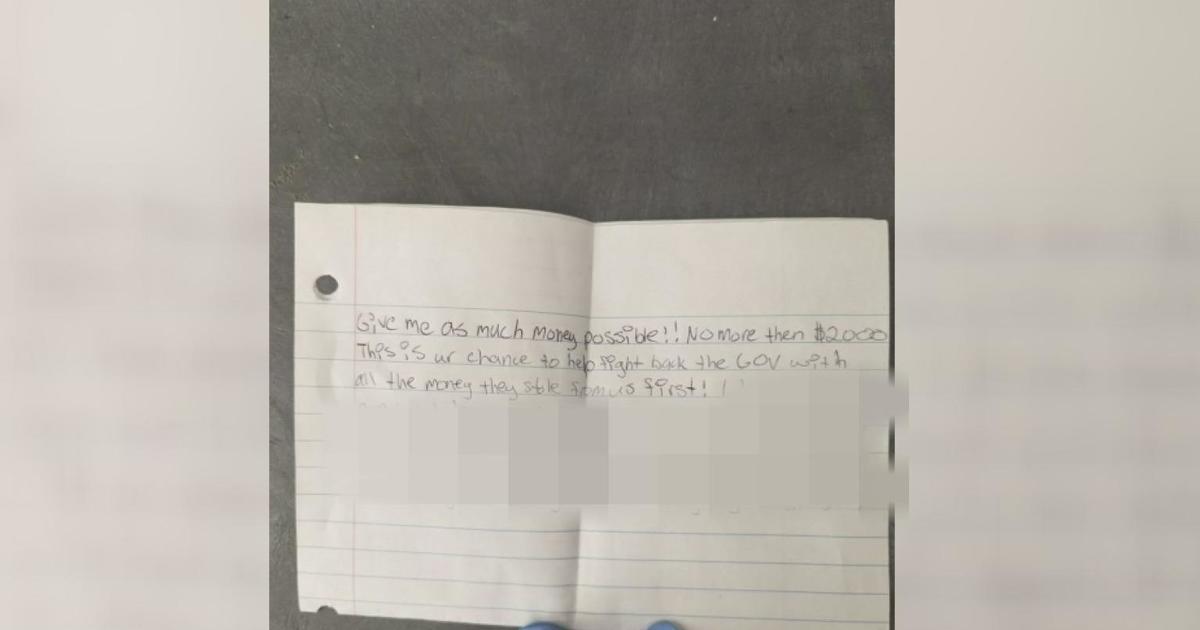More Homeowners Walking Away From Upside Down Mortgages
CHICAGO (CBS) -- You're underwater, you're upside down, but you're not in foreclosure. You can afford the monthly payment on your home, but it's eating up most of your income. That's the situation for many homeowners and as CBS 2's Dorothy Tucker reports some are choosing to give up their homes.
Robert Jones walked through his neighborhood pointing out houses.
For sale or in foreclosure, that's how Robert and Marcella Jones described too many of the homes in their Romeoville neighborhood. Robert said many owners have just walked away from their houses.
Now, as CBS 2's Dorothy Tucker reports, he is considering doing the same thing -- walking away from the house he once called his castle.
"That was our retirement, he said, "Ya know, we wanted it real bad"
The couple bought the house six years ago. Like many homeowners, they're underwater, owing $250,000 on a house that's now only worth $167,000.
Last year, the bank modified their loan, but that only reduced their monthly payment by $50. They can afford the $2,100 payment, but it's tough now on just one income because Robert had to retire after a heart attack. Life has become a struggle.
"It takes every dime and even our food money. It's just too hard for us, Jones said. "They can have it."
If Robert Jones walks away, it will be considered a "strategic default." Professor Luigi Zingales describes a strategic defaulter as "somebody who can pay but chooses not to".
In a recent survey, Zingales found that in March 2009, 26 percent of defaults by homeowners appeared to be strategic. In September 2010 that number had risen to 35%.
"The larger the shortfall, the more likely you are to say that you want to default," he said.
But bankruptcy lawyer David Leibowitz says not everyone should walk away.
Leibowitz gives his clients the pros and cons. On the negative side, he says, the Joneses will destroy their credit. And there's a chance the bank will try and collect what's left on the mortgage.
"After the foreclosure, he could be liable for the $90,000 difference," Leibowitz warned.
However, Leibowitz admits banks seldom go after most homeowners. On the positive side, the couple would save $700 a month in taxes, insurance and assessments, and they could rent another home in the neighborhood for $1,500. But that's a bitter pill for Marcella to swallow.
"I love it here, said Marcella Jones. "I love the neighborhood, my neighbors".
But Robert still argues it may be time to go. "We're just throwing money away. We're just throwing it away staying here."
There are three more options:
--First, bankruptcy, but that would stay on someone's credit history for 10 years,
--second, a consent foreclosure, which speeds up the process and in return, banks don't collect the difference between what's owed on the home and what it's worth,
--and third is a deed in lieu of foreclosure, where the homeowner hands over the deed to the bank as payment in full and their credit doesn't take a negative hit.



